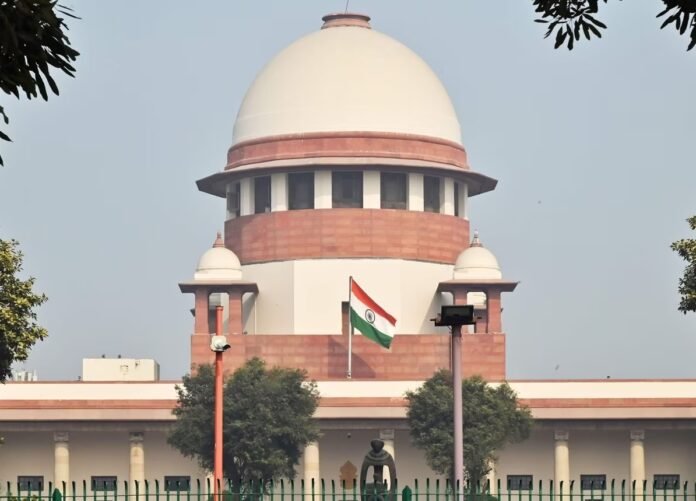The Supreme Court has dismissed cartoonist Hemant Malviya’s plea for anticipatory bail in connection with social media posts that sparked controversy. Malviya was accused by Madhya Pradesh Police of sharing “indecent” content targeting Prime Minister Narendra Modi and RSS leaders.
In their decision, Justices Aravind Kumar and N.V. Anjaria clarified that no action would be taken against Malviya as long as he cooperates with the ongoing investigation. This follows Malviya’s public apology for sharing a provocative caricature. The cartoon, posted on April 1, depicted an RSS figure with khaki shorts pulled down and Prime Minister Modi administering an injection to the figure. The post also included a caption referencing “derogatory lines involving Lord Shiva” and the caste census.
Earlier, on July 14, the Supreme Court called Malviya’s actions “inflammatory” and “immature.” The court’s judges asked his lawyer, Vrinda Grover, whether Malviya was willing to delete the post. Grover responded that Malviya was ready to remove the controversial content and clarify that he did not endorse any objectionable comments.
The next day, July 15, the court granted interim protection, ruling that no coercive steps would be taken against Malviya if he cooperated with the investigation. In a sworn affidavit to the court, Malviya expressed regret for his post, apologized sincerely, and promised not to post or repost any similar content in the future.
In his apology, Malviya said he “deeply regret[s]” his Facebook post and stressed that he had no intention to hurt any community, caste, or religion, nor to incite tension or insult anyone.
This case highlights how social media posts can lead to legal action and the importance of responsible online sharing. The Supreme Court’s decision stresses the need for cooperation and remorse while safeguarding free expression.



